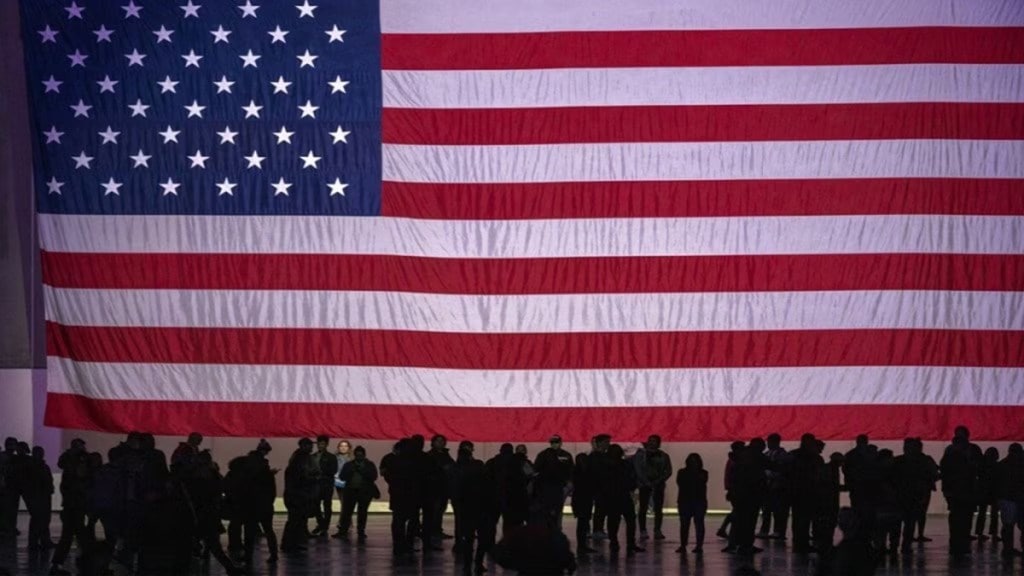Bruce Springsteen’s iconic 1980s song ‘Born In The U.S.A’ highlights citizenship rights for those who fought in wars for America. Another successful Billboard song, “Living in America,” by James Brown, which was extensively featured in the film Rocky IV, sparked patriotic fervor among those born in the United States of America.
However, simply being born in the United States may no longer qualify for citizenship.
On January 20, 2025, President Trump issued an executive order titled ‘Protecting the Meaning and Value of American Citizenship,’ stating that American citizenship can only be granted to children with parents holding U.S. citizenship or the US Green Card.
After the signing of Trump’s executive order on birthright citizenship, several lawsuits were filed by states claiming it violated the Fourteenth Amendment of the US Constitution.
Now, in a temporary setback to Trump, a federal judge in Washington state has issued a temporary restraining order against President Trump’s executive order to end birthright citizenship, which guarantees citizenship to anyone born on U.S. soil.
A federal judge in Seattle, Washington, delayed the implementation of President Donald Trump’s recent executive order restricting birthright citizenship after four states (Washington, Illinois, Arizona, and Oregon) requested a temporary restraining order (TRO).
Similar claims to those made by the initial four states have also been made by other states. Five lawsuits have been filed against President Trump’s executive order on birthright citizenship as of January 21, 2025, by twenty-two states and a number of civil rights organizations. One of the cases was filed within hours after the president issued the order.
Trump’s executive order on birthright citizenship will now require parents on valid nonimmigrant visas, including H-1B ( worker visa) and F-1 visas ( student visa) to apply for dependent visas for their newborn children.
Here’s what the Fourteenth Amendment of the U.S. Constitution says on Citizenship – The Fourteenth Amendment of the U.S. Constitution guarantees citizenship to all children born in the United States, regardless of race, color, or ancestry. The Fourteenth Amendment’s Citizenship Clause states ” all persons born or naturalized in the United States, and subject to the jurisdiction thereof, are citizens of the United States.”
“Nothing in the Constitution grants the President, federal agencies, or anyone else authority to impose conditions on the grant of citizenship to individuals born in the United States,” the states that received the order claim in their complaint.
According to the federal judge in Washington, there is a good chance that the states will prevail on the basis of their arguments that the executive order is unconstitutional under the Fourteenth Amendment.
What Next
The judge will decide on the issuance of a permanent injunction in the upcoming weeks. The U.S. Court of Appeals for the Ninth Circuit would have jurisdiction over the case if the injunction was contested.
Thereafter, it is highly likely that the Trump birthright citizenship issue could land up in the US Supreme Court.
Interestingly, in 1898, the Supreme Court of the United States (SCOTUS), in ‘United States v. Wong Kim Ark’ case, the SCOTUS affirmed that the Fourteenth Amendment extended to all children born in the United States irrespective of parent citizenship, with extremely narrow exceptions and has remained foundational in interpreting the meaning of the Fourteenth Amendment.
However, now some right-wing members of the US Supreme Court may support President Trump’s executive order on birthright citizenship effectively making Trump’s executive order on birthright citizenship get implemented from February 19, 2025.
